How Long Does It Take To Get To The Moon? Here's Your Answer
Dhir Acharya - Dec 08, 2020
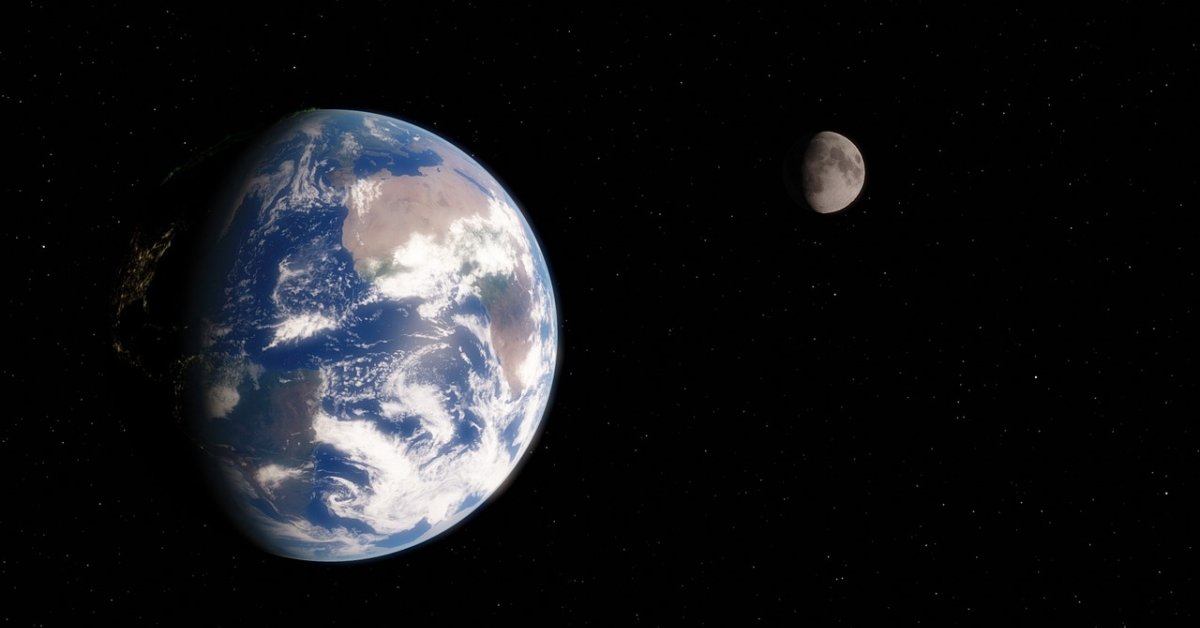
How long does it take to get to the Moon, this is an important question that we need to answer if we want more efficient lunar trips in the future.
- The First Space Hotel In The World Will Welcome 400 Guests
- Startup Builds Vehicle With Soviets Tech To Collect Space Garbage
- Scientists Want To Send 6.7 Million Samples, Including Sperm, To The Moon
In 2008, Richard Branson outlined his vision for the future of Virgin Galactic. When tourists can go to Earth orbit, there may be space hotels to serve those staying for a longer time in space. Then, he mentioned that such hotels could initiate short visit tours to the Moon. If we can turn trips to the Moon into a commercial tourism activity, we need to make them as short as they can. And in this post, we will discuss the question you may be asking: how long does it take to get to the Moon?
Answering this question is important because it directly affects how long a trip to the Moon and back will last. Humans, using their machines, have traveled to the Moon multiple times before and while some can take a long time, others get to the Moon very fast. Now, we will review a number of methods of traveling to the Moon and see which one is the fastest and efficient as a mean of transit.
Table of Contents
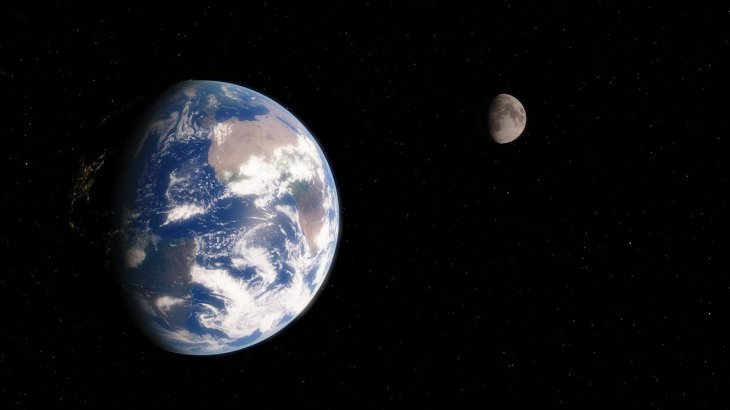
How long does it take to get to the Moon in unmanned missions?
The slowest mission to the Moon, in fact, used one of the highest technologies for space travel. On September 27, 2003, the SMART-1 lunar probe was launched by the European Space Agency, which used a revolutionary ion engine for propelling the probe to the Moon. It took SMART-1 one year, 1 month, and 2 weeks to get to the Moon on November 11, 2004.
While this is the slowest lunar mission, it remains the most fuel-efficient one. The entire mission consumed just 82 kilograms of xenon propellant. This is also the longest lunar mission in history, others took only days to get to the Moon.
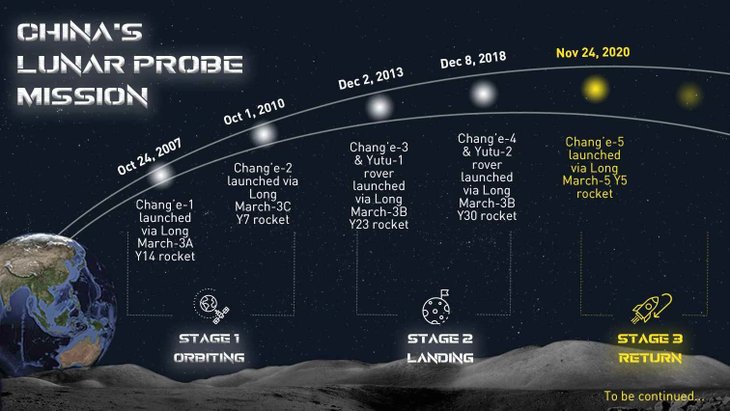
On October 24, 2007, China launched the Chang’e-1 mission from the Xichang Satellite Launch Center. The mission remained in the Earth's orbit until October 31 and arrived on the Moon on November 5. That means it took the mission 5 days to cover the distance from Earth to Moon with its rocket boosters. This mission was followed by the Chang’e-2 mission that was launched on October 1, 2010, which landed on the Moon after 4 days and 16 hours.
On December 31, 2013, China launched the Chang’e-3 probe and lander that landed on the Moon on December 6, 2013. At the time, this became the fastest Chang’e misson to arrive on the Moon with 4 days, 12 hours, 23 minutes.
However, the fastest unmanned lunar mission was the Soviet Luna 1 probe that was carried out in 1959. The mission left Earth on January 2 and took only 36 hours to complete the trip, meaning its average speed was 10,500 kilometers per hour.
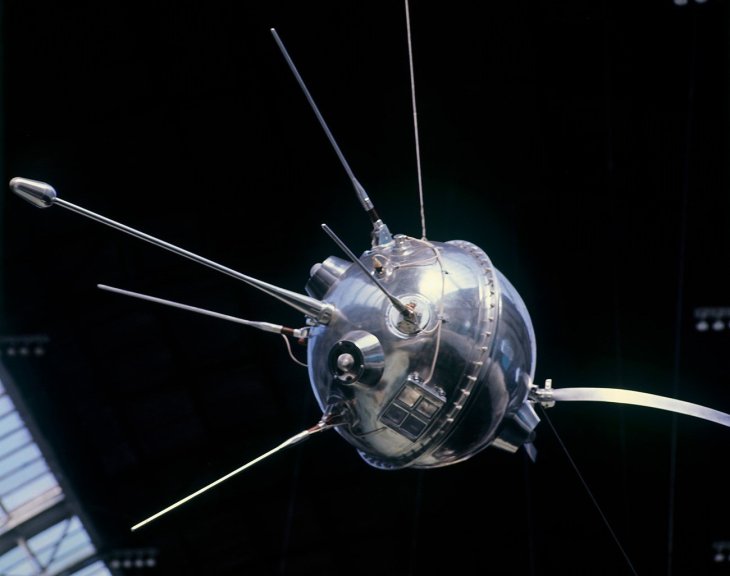
How long does it take to get to the Moon in crewed missions?
So far, the Apollo missions were the only manned missions to the Moon. The Apollo was launched in 1969 with Buzz Aldrin and Neil Armstrong, in which the Saturn V rocket took them from the Kennedy Space Center.
It took the crew 51 hours, 49 minutes to arrive on the Moon on July 19, 1969. After that, the mission took 2 days, 22 hours, 56 minutes to get back to our home planet. That makes Apollo 11 not only the first manned mission but also the fastest manned lunar travel.
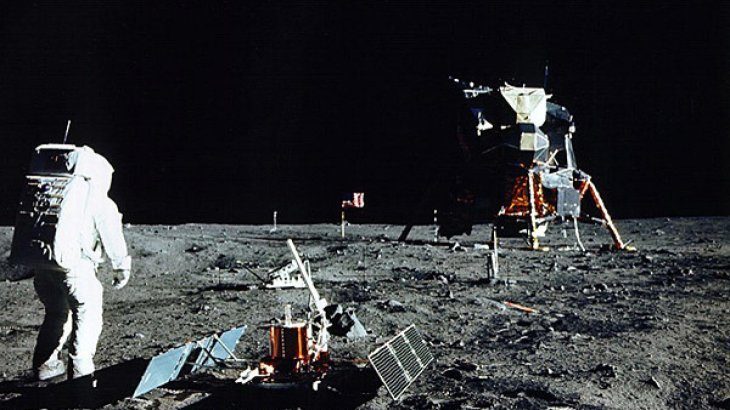
What is the fastest mission to the Moon?
As of now, the fastest mission to the Moon is the New Horizons Puto mission launched by NASA. It had a speedy launch, accelerating 16.26 km/s. At such a speed, the mission took only 8 hours, 35 minutes to get to the Moon.
This travel time was impressive, but we need to remember that the New Horizons did not slow down to enter the Moon’s orbit. That means it was possibly still accelerating after it had passed the Moon.
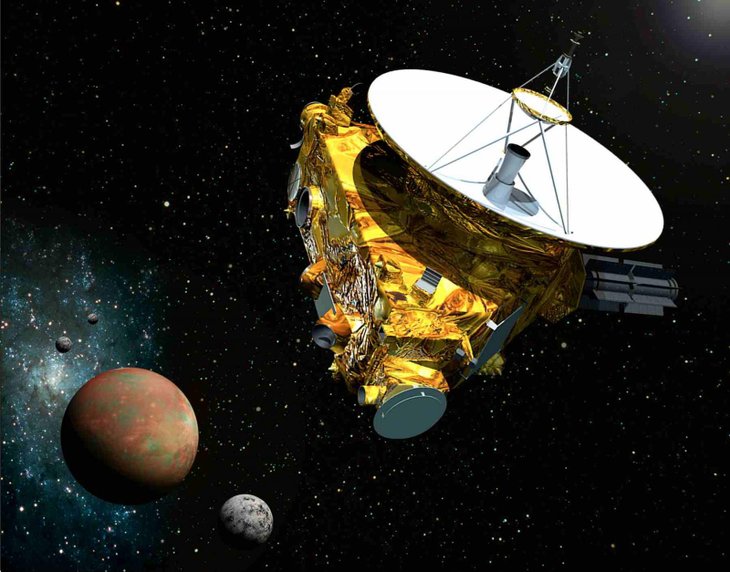
How far is the Moon?
The Moon is a rounded astronomical body orbiting the Earth and currently the only natural satellite of our home planet. Though the Moon orbits Earth, it’s actually not that close to the planet. Approximately, the Moon is 384,402 kilometers away from Earth, meaning about 30 Earths.
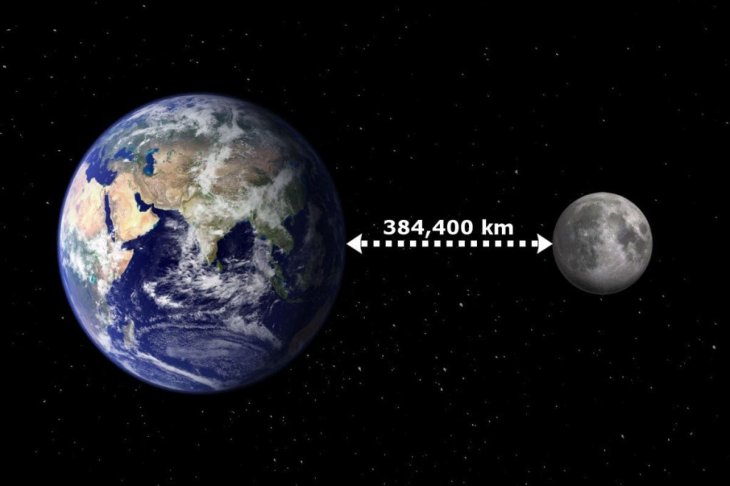
If we are to have space tourism to conduct sightseeing tours to the Moon, there will be a few options available. They could use long cruises powered by ion engines that gently glide to the Moon and let tourists slowly enjoy the view. They could otherwise use a rocket that blasts tourists off rapidly into space and take them back in one or two days. There are several factors affecting the duration of a lunar trip, in addition to how long does it take to get to the Moon, we will also need to take the trade-offs and technology into account.
>>> China Is Creating Biologically-Enhanced Super Soldiers We See In Sci-Fi Movies
Featured Stories

Features - Jan 29, 2026
Permanently Deleting Your Instagram Account: A Complete Step-by-Step Tutorial

Features - Jul 01, 2025
What Are The Fastest Passenger Vehicles Ever Created?

Features - Jun 25, 2025
Japan Hydrogen Breakthrough: Scientists Crack the Clean Energy Code with...

ICT News - Jun 25, 2025
AI Intimidation Tactics: CEOs Turn Flawed Technology Into Employee Fear Machine

Review - Jun 25, 2025
Windows 11 Problems: Is Microsoft's "Best" OS Actually Getting Worse?

Features - Jun 22, 2025
Telegram Founder Pavel Durov Plans to Split $14 Billion Fortune Among 106 Children

ICT News - Jun 22, 2025
Neuralink Telepathy Chip Enables Quadriplegic Rob Greiner to Control Games with...

Features - Jun 21, 2025
This Over $100 Bottle Has Nothing But Fresh Air Inside

Features - Jun 18, 2025
Best Mobile VPN Apps for Gaming 2025: Complete Guide

Features - Jun 18, 2025
A Math Formula Tells Us How Long Everything Will Live
Read more

Mobile- Feb 16, 2026
Xiaomi Launches Affordable Tracker to Compete with Apple's AirTag
For users tired of ecosystem lock-in or high prices, the Xiaomi Tag represents a compelling, no-frills option that delivers core functionality at a fraction of the cost.

ICT News- Feb 15, 2026
X Platform Poised to Introduce In-App Crypto and Stock Trading Soon
X has been laying the groundwork for this expansion.

Mobile- Feb 17, 2026
Anticipating the Samsung Galaxy S26 and S26+: Key Rumors and Specs
The Samsung Galaxy S26 series is on the horizon, sparking excitement among tech enthusiasts.
Comments
Sort by Newest | Popular